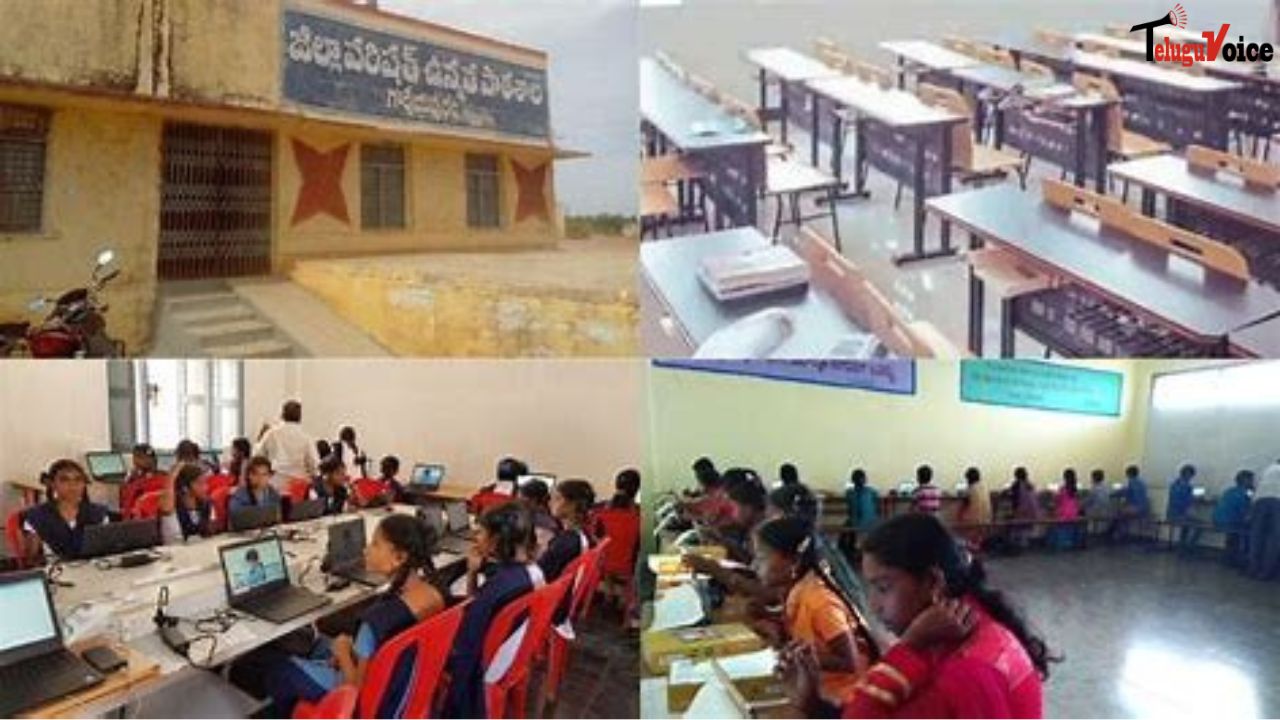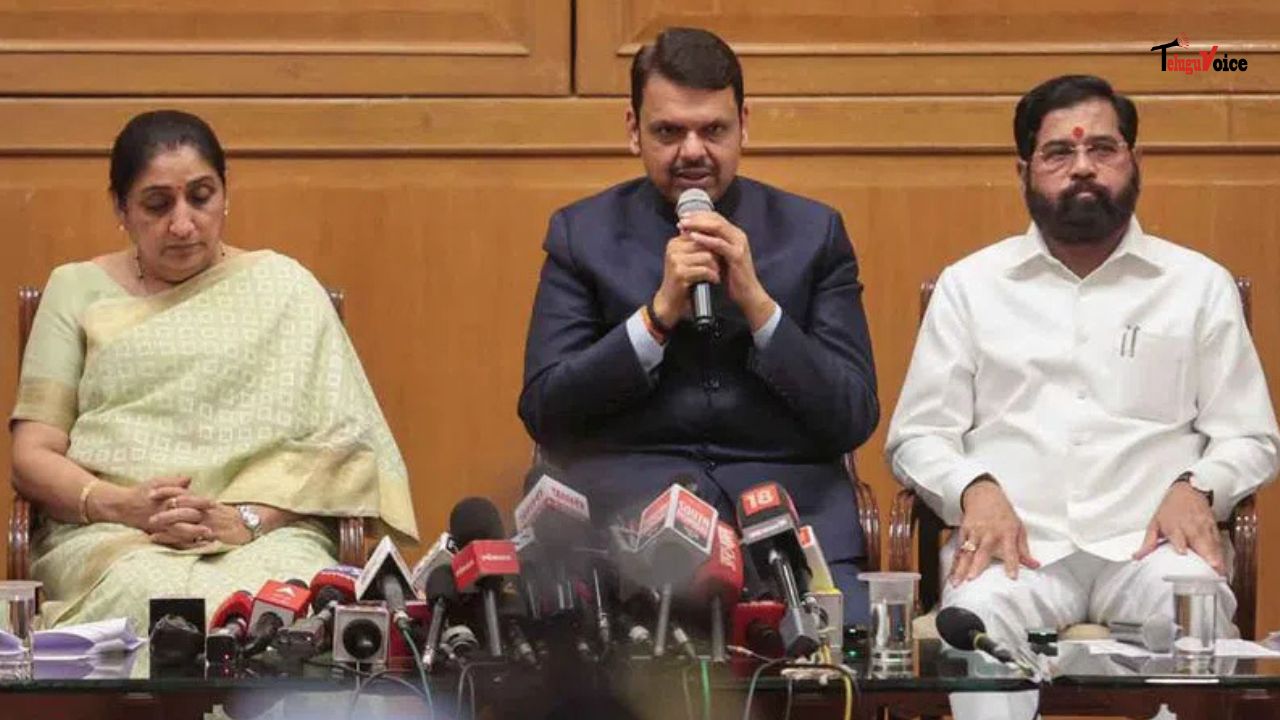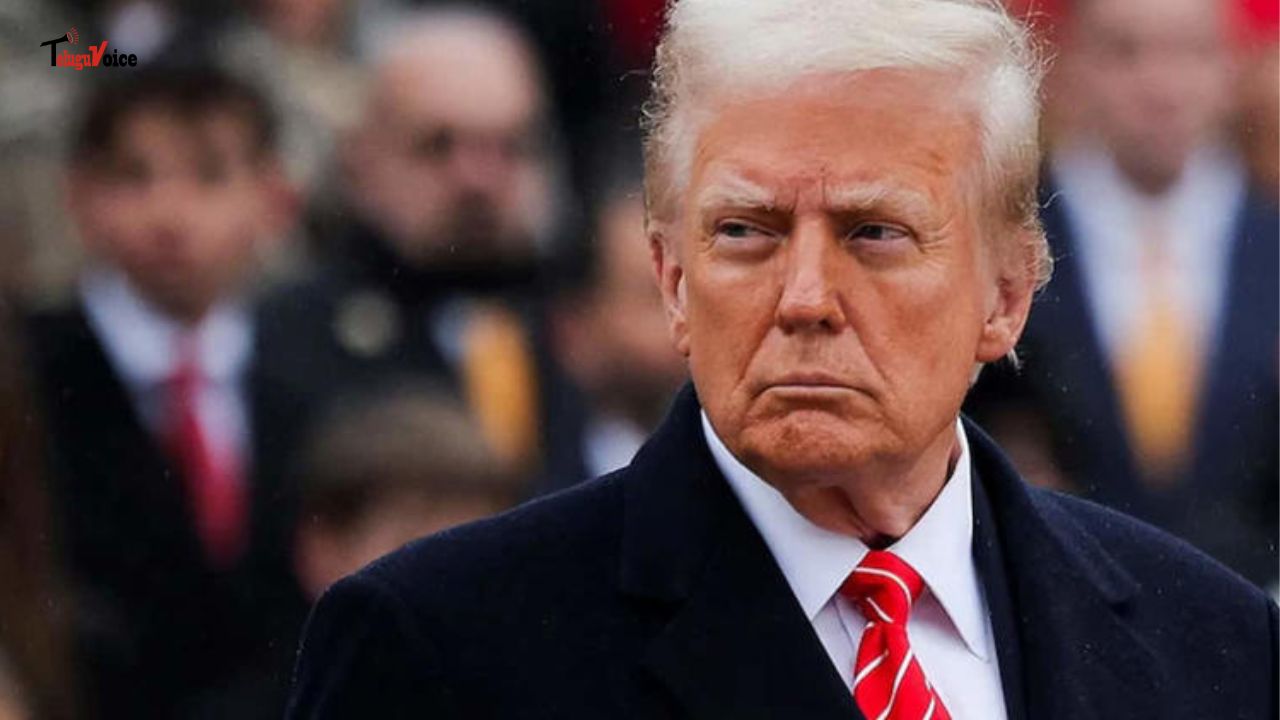Andhra Pradesh’s New Push for Quality Education: Can TDP's Reforms Meet the Challenge?

Four months into its term, the Telugu Desam Party (TDP)-led National Democratic Alliance (NDA) government in Andhra Pradesh is taking fresh steps to uplift learning outcomes in the state’s government schools, addressing a critical measure of educational quality. Despite the previous YSR Congress Party’s efforts in revamping the sector, the state’s education department officials remain concerned about students' learning outcomes, signaling the need for further improvements.
The numbers speak to the scale of this task: Andhra Pradesh is home to 58,950 schools, of which 44,617 are government-run, serving a combined student population of over 7.2 million taught by nearly 300,000 teachers—185,023 of whom are in government institutions. Previous reforms under Jagan Mohan Reddy's administration aimed to create well-rounded, globally aware students through initiatives like the Mana Badi Nadu Nedu program, which brought modern infrastructure and interactive tech into classrooms. Other programs, including Jagananna Amma Vodi, Jagananna Vidya Kanuka, and Jagananna Gorumudda, provided essential resources from school kits and learning tablets to nutritious meals.
Several collaborations were also launched to introduce innovative learning methods. The government signed MOUs with the International Baccalaureate (IB) to bring global curricula to local classrooms and partnered with the U.S.-based Educational Testing Service to enhance English skills. Students were even offered access to foreign language learning through the Duolingo app. However, without sufficient preparation for teachers and students, these initiatives faced challenges in delivering their intended impact.
The current Minister for Human Resources Development, Nara Lokesh, recognizes the importance of system-wide coherence and has called for a coordinated effort involving all stakeholders in this transformation. Responding to teachers' requests, he has promised to look into issues like daily toilet maintenance reports and reapportionment norms under the RTE Act and the National Education Policy 2020. School management committees have been formed, and teachers are being motivated to join a collective effort toward more realistic educational goals.
Priority areas include aligning the curriculum with classroom lesson plans, standardizing teacher training, refining assessment patterns, and introducing after-school remedial classes for slower learners. A proposed school rating system aims to promote healthy competition, while the introduction of a Holistic Progress Card (HPC) is intended to provide a comprehensive evaluation of each student’s cognitive, social, emotional, and physical development, thereby helping both parents and teachers better support the child.
However, the ambitious agenda faces a serious challenge: funding. Already in a financial crunch, the state government is looking to engage the community, particularly non-resident Telugus, to participate in and support local education initiatives. This inclusive approach aims to build a sense of shared responsibility and ownership among the people of Andhra Pradesh.
Chief Minister N. Chandrababu Naidu’s vision for education reform is a bold one, but its success will hinge on detailed planning and consistent implementation. Only with a systematic and collaborative approach can Andhra Pradesh make meaningful strides in improving educational outcomes for its students.

 South Africa tour of India 2019
South Africa tour of India 2019










Comments